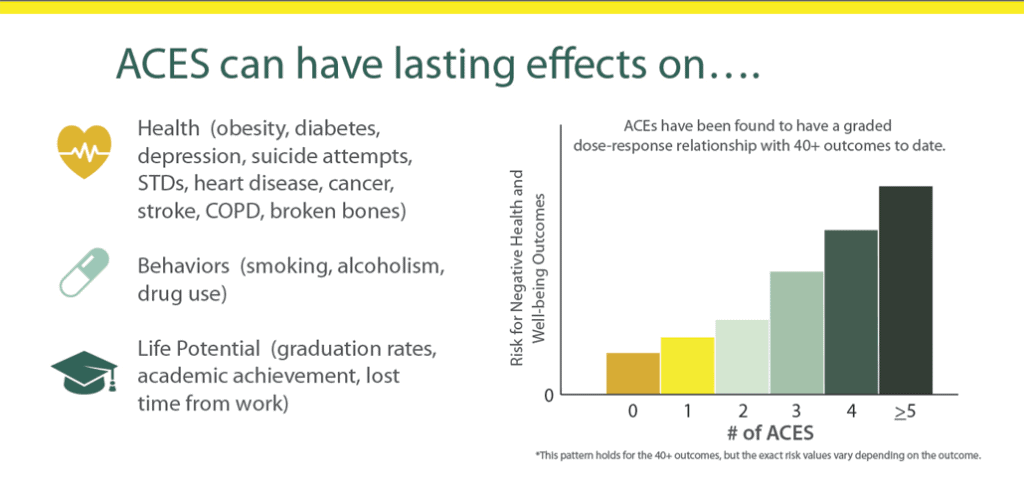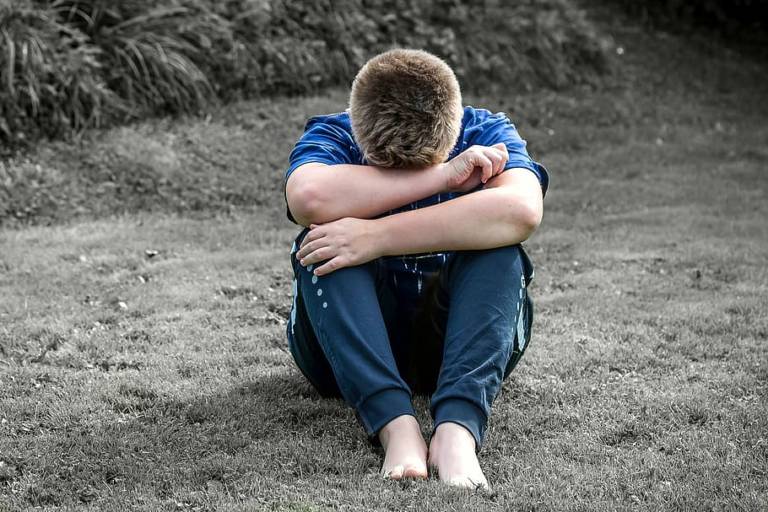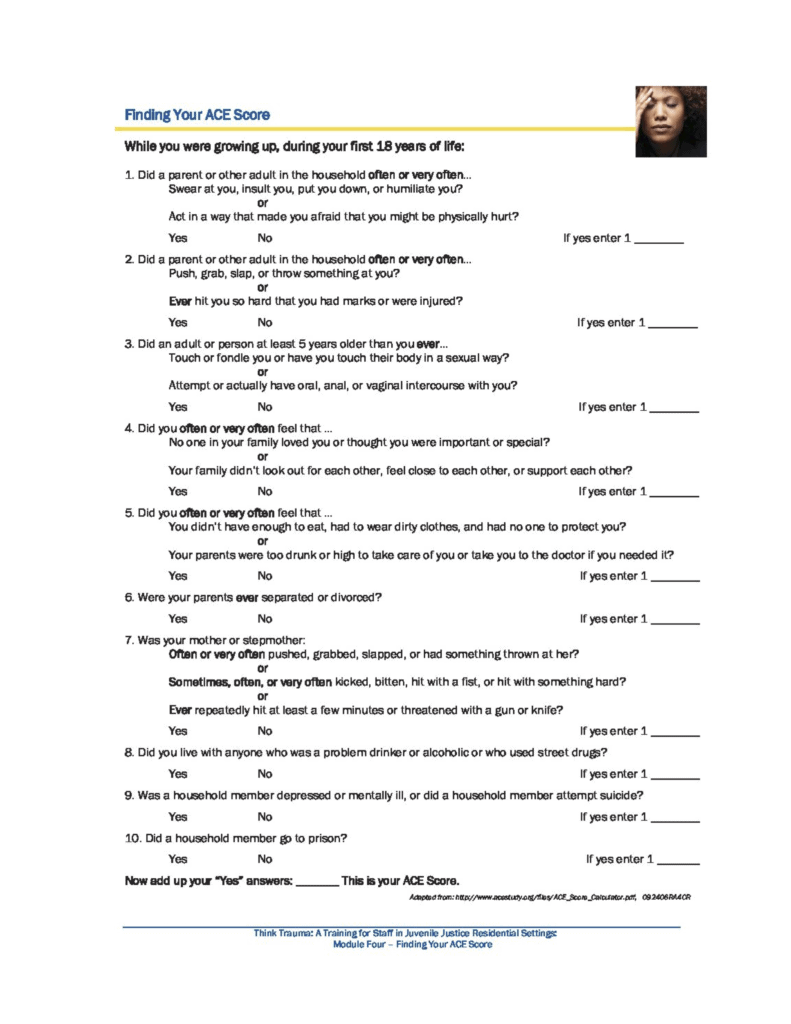This post was written by Meredith Martin, Child and Family Therapist and Director of Program Excellence at Crossnore School & Children’s Home.
Crossnore School & Children’s Home has more than 100 years of experience serving children affected by childhood trauma. The ways our organization does this work with children has adapted over the years. In our most recent fifteen years of work with children and their families, we have made one revolutionary change: integrating the growing body of science about childhood adversity into our practice.
A Study that changed everything.
In 1998 Dr. Vincent Felitti of Kaiser Permanente and Dr. Robert Anda of the CDC co-published an article in the American Journal of Preventative Medicine entitled “Relationship of Childhood Abuse and Household Dysfunction to Many of the Leading Causes of Death in Adults: the Adverse Childhood Experiences (ACE) study.” What this article did was introduce the idea that childhood trauma does impact people mentally, socially, spiritually and, most shockingly at the time–maybe still to some—even physically!
In this study, Felitti and Anda honed a ten question survey that assigns someone an adverse childhood experience, or ACE, score. While a person’s ACE score is not their destiny, it does predict what their health outcomes might be. For example, the higher your ACE score, the higher the likelihood is that you will develop asthma, obesity, heart disease, or cancer. Dr. Nadine Burke Harris did a TedTalk in 2014 that went viral in which she engagingly explains how childhood trauma affects the brains and bodies of developing children.
 Treatment at Crossnore
Treatment at Crossnore
At Crossnore, we routinely screen all our clients with the ACE questionnaire. Knowing a child’s ACE score is only one part of their story, but it does help us better understand what difficulties they might face and how Crossnore staff might support them with interventions to overcome these challenges.
Harvard University’s Center for the Developing Child has identified four factors that help buffer children who have experienced adversity from negative long term health outcomes:
- facilitating supportive adult-child relationships;
- building a sense of self-efficacy and perceived control;
- providing opportunities to strengthen adaptive skills and self-regulatory capacities; and
- mobilizing sources of faith, hope, and cultural traditions.
At Crossnore, our programs take each of these factors seriously in our program design and delivery. For more than 100 years, Crossnore’s programs have integrated these resilience building activities and protective factors. The ACE Study and others studies that have developed in the years following Felitti and Anda’s “discovery” of ACEs, have given our agency scientific credence to the importance of the way we serve children who have experienced trauma.
It is our philosophy of care that knowing a child’s trauma history and having a way to buffer against it will make a difference for the children we serve – mentally, socially, spiritually and even physically.
Helpful Resources
See below for Dr. Burke’s informative and powerful TED Talk and the ACES questionnaire.




